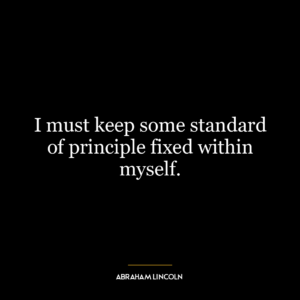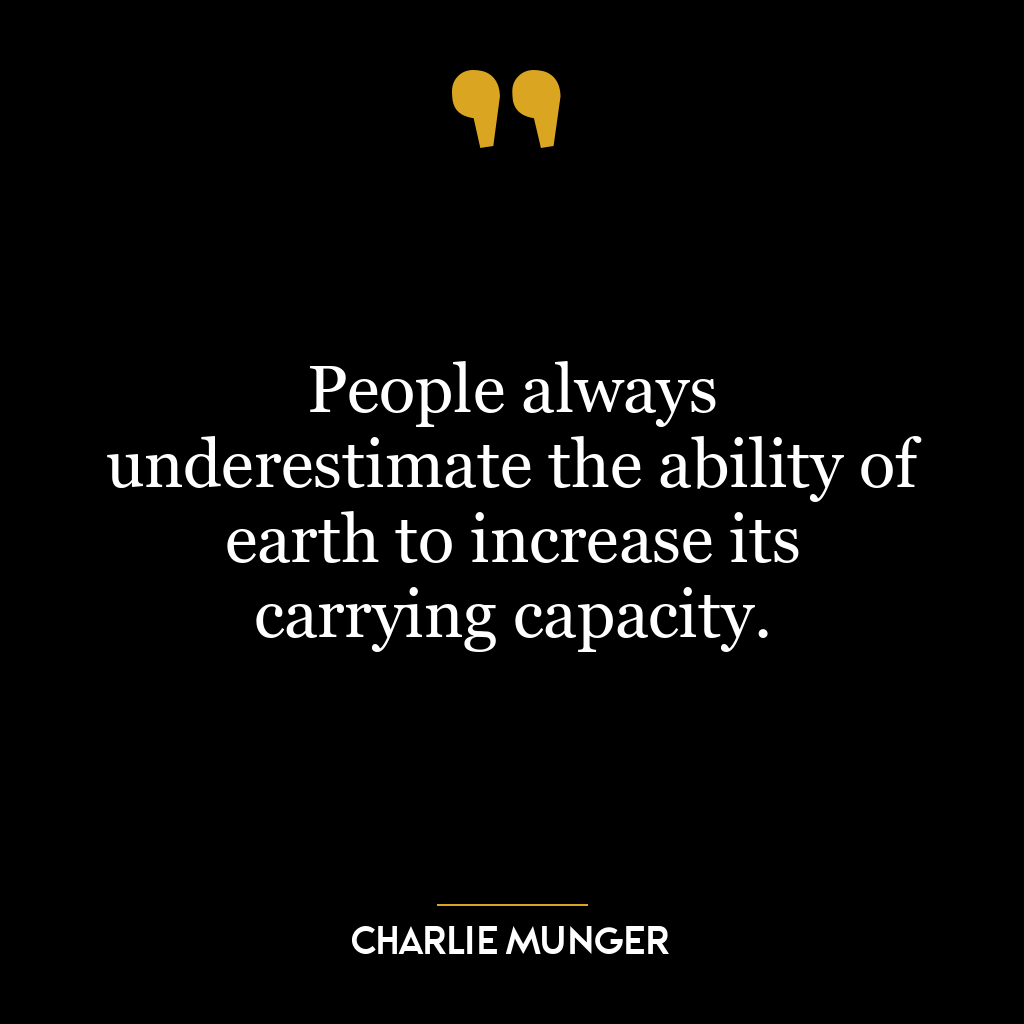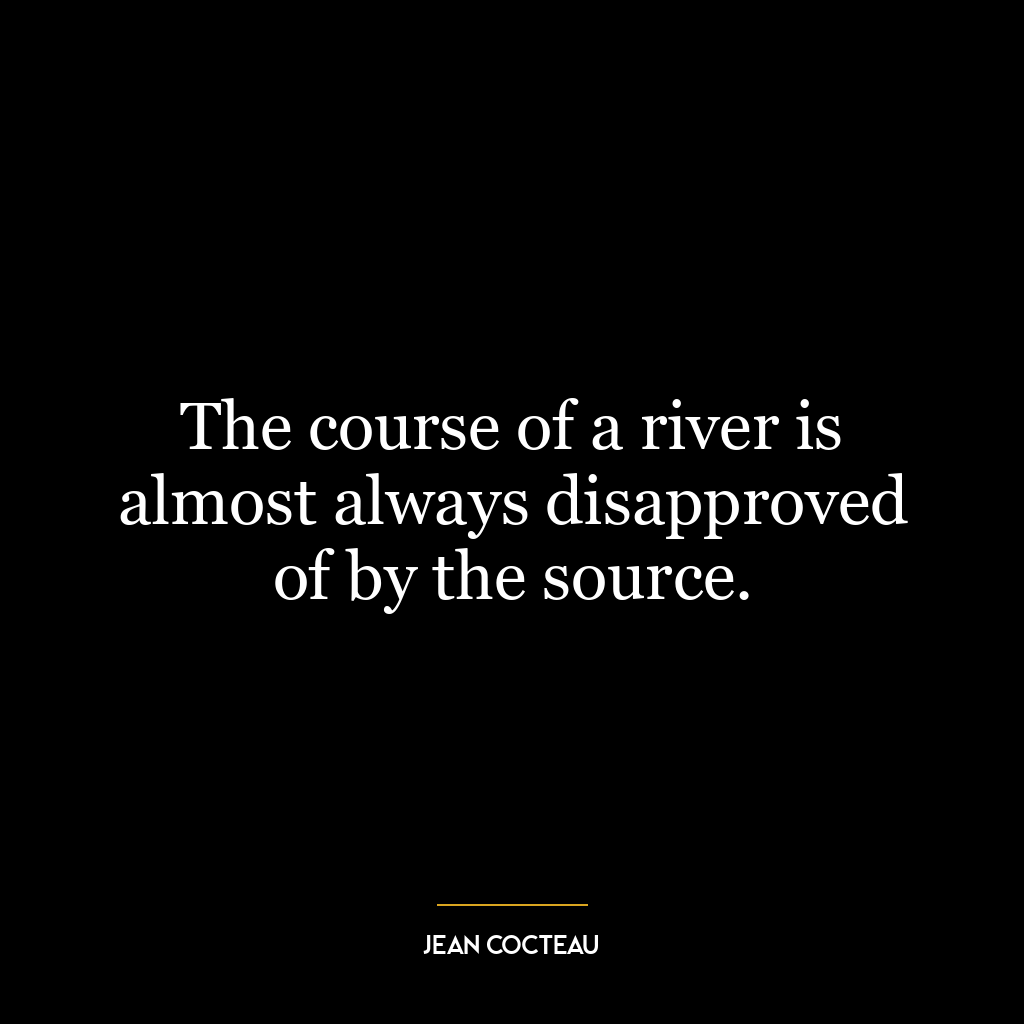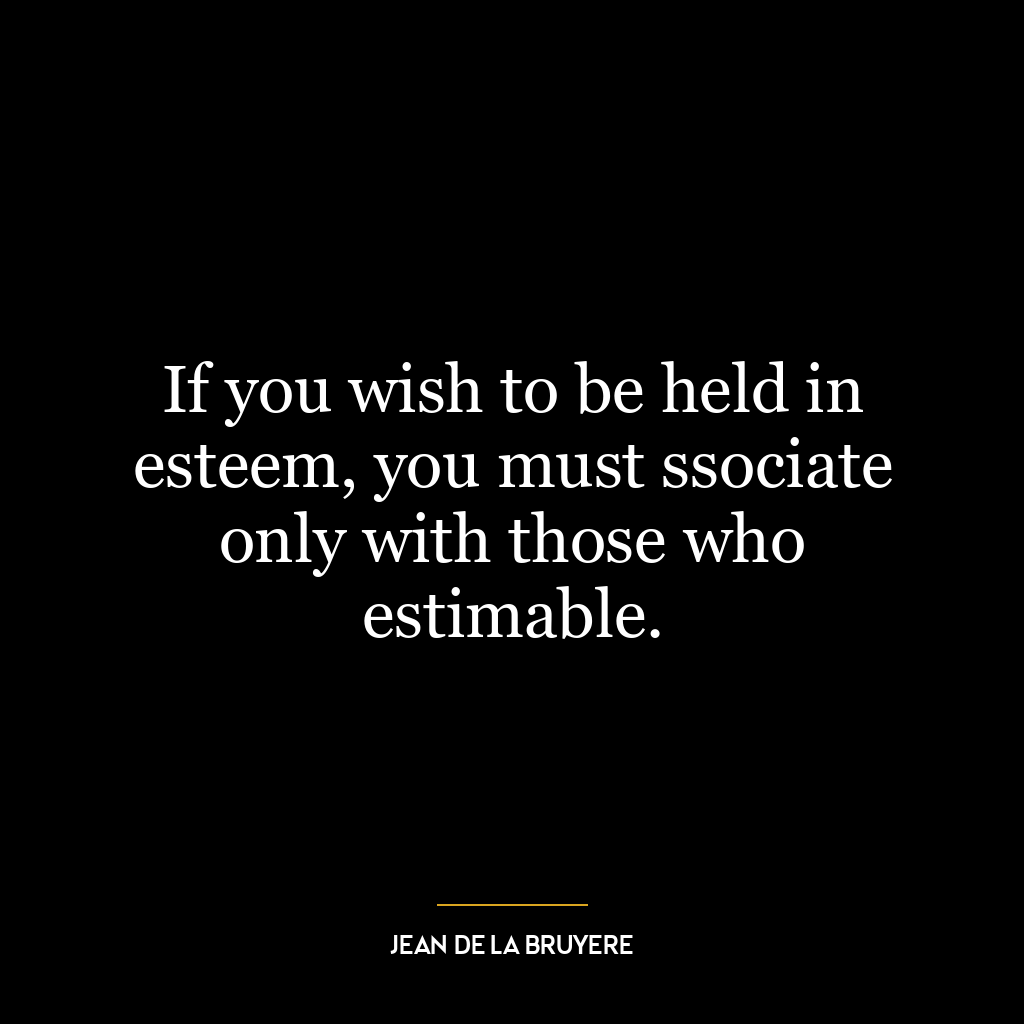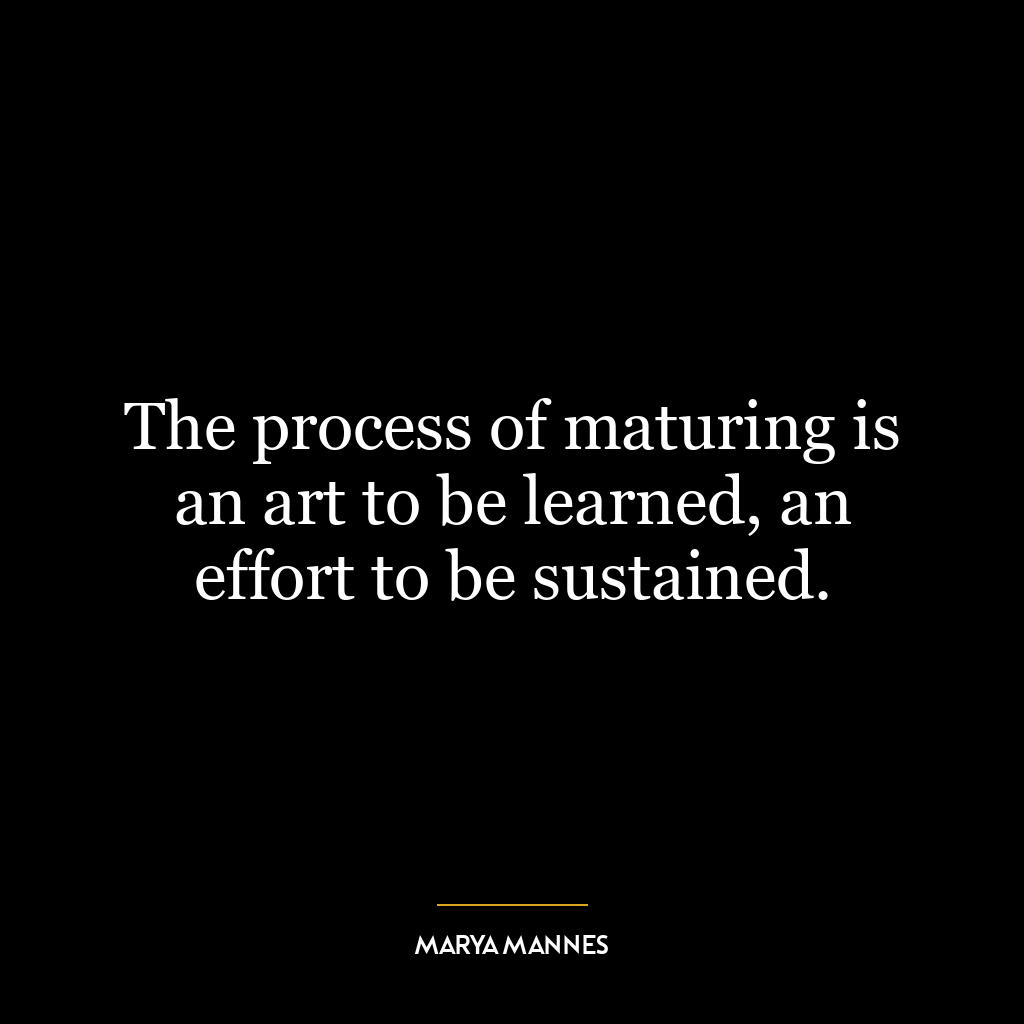I will do what I think is right and when I discover that it is wrong, I will change it.
This quote conveys the idea of taking action based on one’s current understanding and beliefs, but being open to change when new information or insights reveal that the initial action or belief was incorrect. It encourages a mindset of continuous learning, adaptability, and humility.
The first part, “I will do what I think is right,” signifies taking a stand based on one’s principles, knowledge, and understanding at a given moment. This is about being decisive and proactive, not waiting for certainty or perfection, which may never come. It’s about making the best decision you can with the information you have at that time.
The second part, “and when I discover that it is wrong, I will change it,” is about being humble and flexible enough to admit when you’re wrong. It’s about being open to new information, perspectives, and experiences that challenge your previous understanding. This is not about flip-flopping or inconsistency, but about growth, evolution, and the pursuit of truth and wisdom.
Applying this idea in today’s world, it encourages us to make decisions and take actions even in the face of uncertainty, but to stay open-minded and willing to change our views or actions when new information or perspectives suggest we should. This is relevant in many areas, from politics and social issues to science and technology, where new discoveries and changes are constant.
In terms of personal development, it suggests a path of lifelong learning, where we don’t cling stubbornly to old beliefs or habits when they no longer serve us or prove to be misguided. It encourages us to be brave enough to make decisions and take actions, but also wise enough to learn from our mistakes and misjudgments, and to continually evolve and improve.








